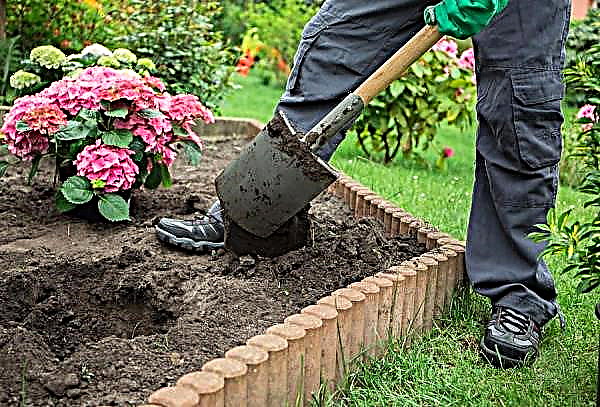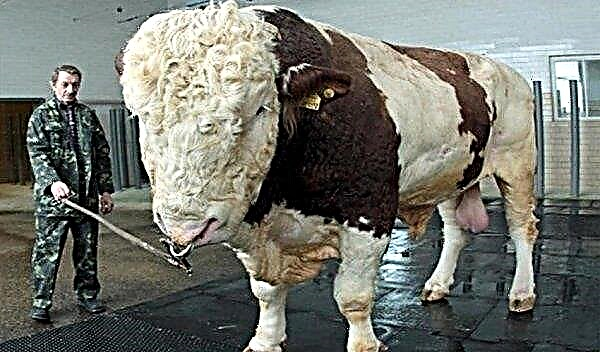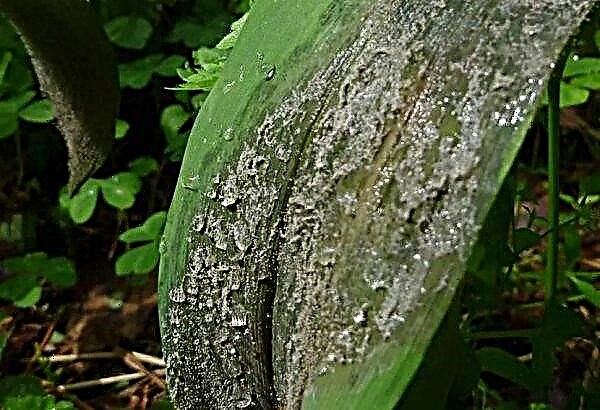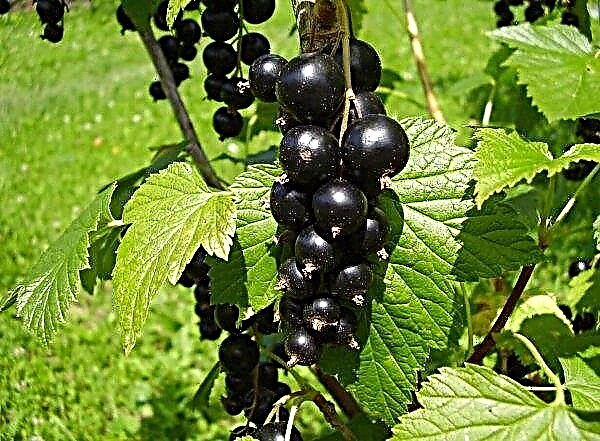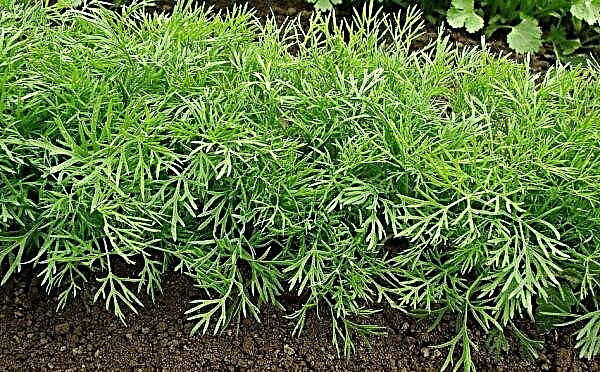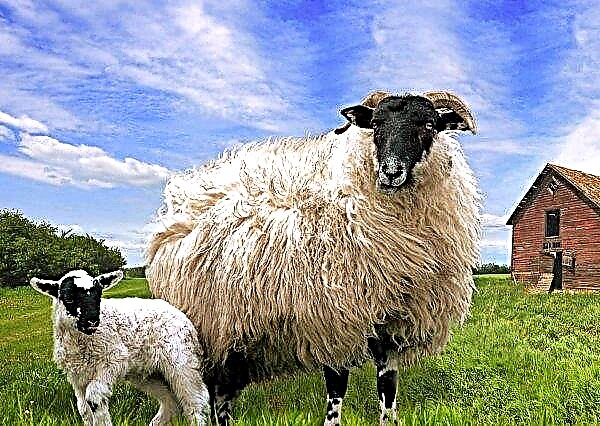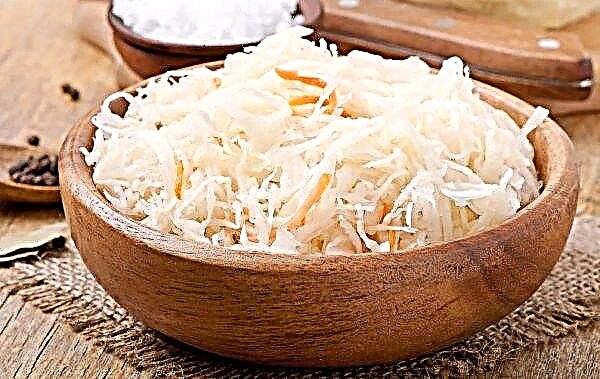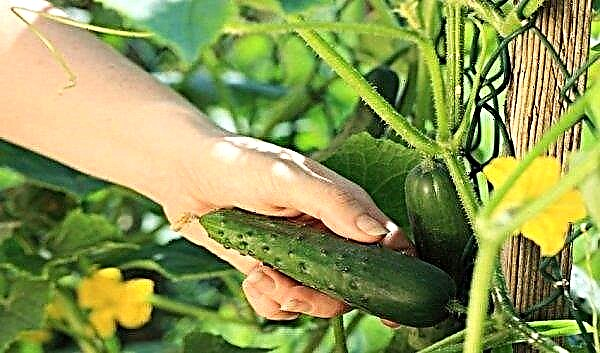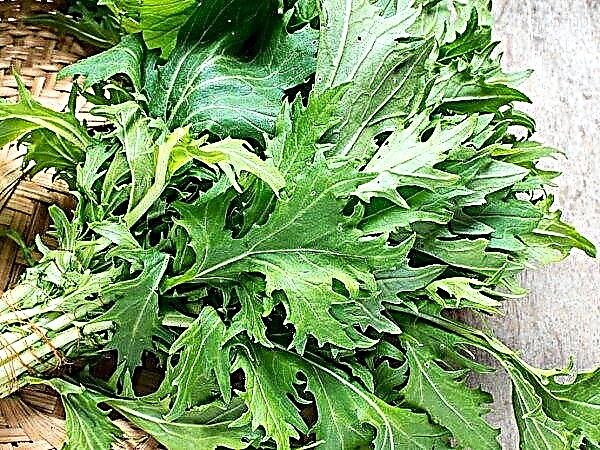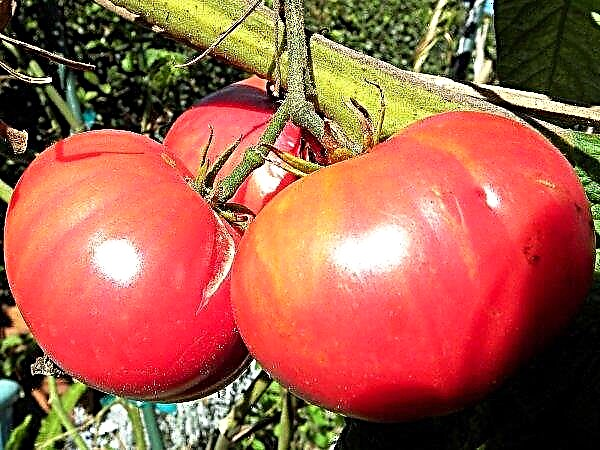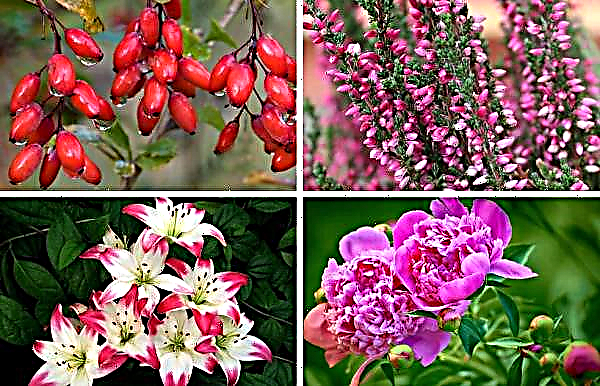From time immemorial, winter has been and remains a difficult period for agriculture. Preparing for the cold, you need to stock up on food, think about protection against frost, and do not forget about the productivity of pets, including laying hens. Usually at this time of year their egg production is markedly reduced. Let's try to figure out what is the reason for the lack of egg laying, and how to deal with this situation.
Why chickens don't rush in winter
In the winter season, chickens spend a lot of energy to maintain the temperature regime, and cloudy days and a large amount of rainfall do not at all correspond to the requirements of layers for the indicators of illumination and humidity. In addition, egg production and product quality largely depend on a balanced diet, and in our climate it is difficult to count on vitamin-rich fresh herbs in the middle of winter.
Another factor that plays a far from secondary role is the lack of a sufficient number of walks in the fresh air. Seasonal molting also does not contribute to high egg production, since at this time hormonal changes occur in the laying hen's body: the ovaries practically cease to function for some time.
What to do to rush
So that the chickens do not stop laying eggs in the winter, the farmer needs to decide in advance how he will circumvent the restrictions imposed by cold weather. Consider the main points of preparation for the winter of laying hens.
Food and water
In addition to grain (corn, barley, wheat), which is the carbohydrate basis of the laying hen's diet, vitamins and minerals are needed for the chicken. Their source is green food, which the bird usually gets on its own in the warm season. By winter, it is necessary to prepare dried herbs and vitamin hay from plants such as clover, alfalfa, nettle. A good supplement would be chopped needles and berries (viburnum, mountain ash). Do not forget about vegetables: cabbage, beets and carrots, as well as zucchini seeds, are perfect for filling the deficiency of vitamins.
Important! Layers need enough water after laying eggs and before a night's rest. However, the birds will not drink too cold water, so you should take care of a comfortable temperature of the liquid and its unlimited flow with the help of automatic drinkers.
Sour-milk products (kefir, yogurt) and chalk will satisfy the need of birds for calcium, and sunflower meal mixed with bran and grated eggshell (the so-called mash) - for healthy fats and proteins. At night it is advised to feed the bird with whole grain, which, due to its high calorie content, will help the chicken body maintain a normal body temperature. Gravel pebbles promote digestion and absorption of nutrients from the feed.
Vitamins
In winter, vitamin complexes should not be neglected. Such preparations as Ryabushka, Biomiks, Rich, Felucen P2 are premixes that are added to the feed to increase the productivity of laying hens. Chiktonik is added to drinkers (1 ml per liter of water). Some farmers give chickens fish oil, grinding it with grain. The Trivit drug (a solution of vitamins A, E, and D in vegetable oil) is also widely known. Meat and bone meal can be purchased at a pharmacy or veterinary store or made manually. To do this, bones are taken, well cleaned under running water, crushed with a hammer into small pieces and rubbed in a mortar to a state of flour. Flour is stored in bags made of cloth or paper.
Meat and bone meal can be purchased at a pharmacy or veterinary store or made manually. To do this, bones are taken, well cleaned under running water, crushed with a hammer into small pieces and rubbed in a mortar to a state of flour. Flour is stored in bags made of cloth or paper.
Correct content
Not a single chicken will be carried in uncomfortable conditions. Before placing hens in the “winter apartments”, it is necessary to thoroughly disinfect the room (with lime or a blowtorch) and in the future pay attention to the cleanliness of the chicken coop and the dryness of the litter. Against the backdrop of cold weather, the chicken is especially exposed to pathogenic microbes and bacteria. Drinkers and feeders should also be kept clean.
Temperature
The temperature in the house should not fall below +12 ° C. To do this, make sure that there are no gaps in the room that allow cold air to pass through. A multilayer bed of straw, sawdust or peat will help to keep warm. In case of especially severe frosts, you need to prepare heaters, when using which you should remember:
- about safe installation for birds (it is better to install protective nets around the bulb of the heater);
- that the upper limit of the temperature norm is +18 ° C;
- the need to monitor air humidity (at least 70%).
Important! It is necessary to insulate not only the floor and walls, but also the ceiling. To do this, it is knocked out with plywood, and on top of the sheathing the same natural insulation is used, which is used for bedding, or mineral wool, polystyrene.
You can attach a plastic film to the walls.
Lighting
The duration of daylight hours (ideally 14-18 hours) directly affects egg production. On bad winter days, sources of additional lighting are installed for this purpose. Conventional lamps do not give the desired effect. Red light coming from heaters is not enough, so you need white light, which is provided by fluorescent energy-saving lamps. If in the area where the farm is located, there are power outages, it is better to purchase a portable power station.
Did you know? Hens see the world in color, but not quite like a human being. What matters to them is not the shade itself, but its brightness. For example, they react less strongly to yellow than to orange. Some poultry farmers say that with blue and violet lighting, chickens are easier to transfer to other cells, these colors soothe them. But experienced livestock specialists say that warm white with a color temperature of 2800–3200 K is optimal, as the closest to the sun.
Ventilation
Heaters and lamps dry the air. It is difficult to control the level of humidity in the chicken coop without a high-quality ventilation system. In addition, the prolonged stay of a large number of birds in one room inevitably leads to oversaturation of air with harmful fumes. To avoid this, use the following ventilation methods:
- exhaust or natural (window / small window above the door or in the ceiling);
- supply and exhaust (using two ventilation pipes that are installed at opposite ends of the house);
- mechanical (use of fans).
 When equipping ventilation, you should remember about the inadmissibility of drafts.
When equipping ventilation, you should remember about the inadmissibility of drafts.Walking
As already mentioned, keeping the hens locked up all winter is not a good idea. In dry weather with slight frost (not lower than -5 ° C), it is recommended that the birds take short walks in the fresh air. To do this, a small walking yard with a canopy and warm litter is being built. Do not worry too much about the chickens freezing.
Did you know? The most frost-resistant chickens are Hercules, Oryol, Pavlovskaya, Pushkinskaya, English Red Riding Hood, Icelandic Landrace, Siberian Oryx peduncle, faverol, appenzeller. These birds calmly walk in the yard at a temperature of -10 ° C.
If they find the temperature outside the walls of the chicken coop too low for themselves, they simply will not go outside. The eternal problem of farmers - the decrease in egg laying hens in the winter - is completely solvable.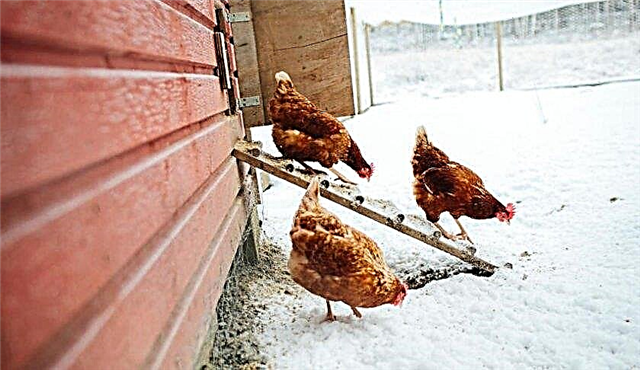 To do this, you must comply with the above requirements for the maintenance of chickens and take care of their full, balanced diet, not forgetting about vitamin supplements.
To do this, you must comply with the above requirements for the maintenance of chickens and take care of their full, balanced diet, not forgetting about vitamin supplements.

